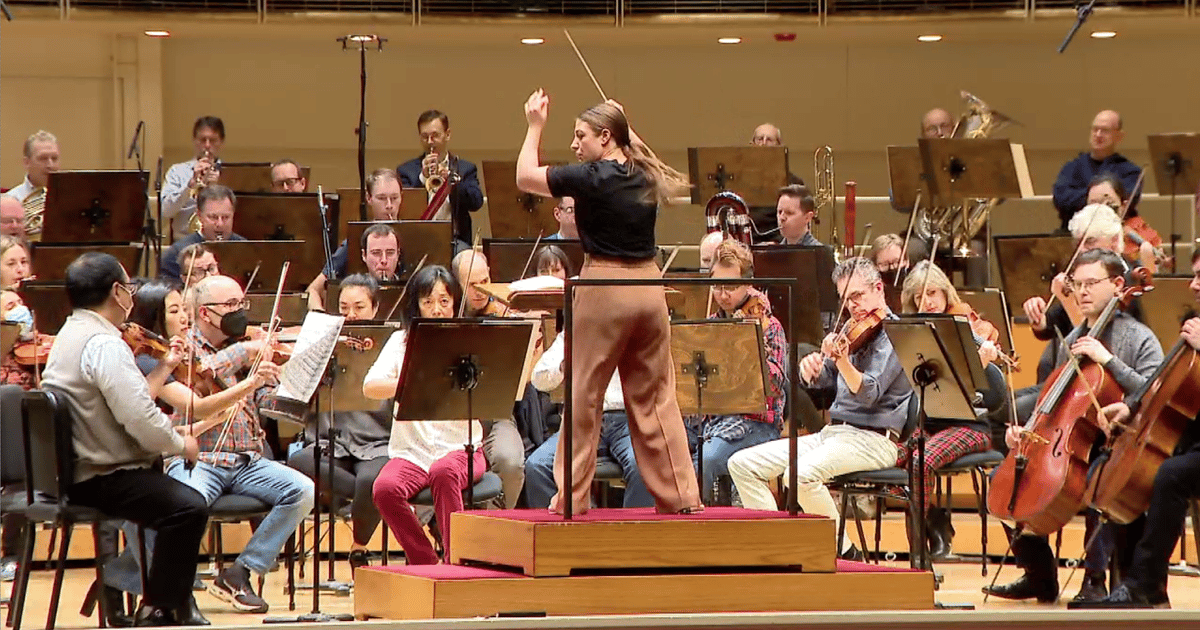Breaking: major sponsor quits Bayreuth Festival
mainThey don’t get bigger than Siemens, and Siemens have had enough.

Four years of the video wall on the Green Hill failed to deliver the commercial impact the electronics giant expected, so the plug is being pulled. Now. Without notice. ‘We’re looking at other projects and told the festival management so months ago, ‘ is what Siemens said through tight lips.
Bayreuth said nothing.
Here’s Die Welt on the subject.





….it ain´t what it used to be……therefore Siemens does not feel this is top league product anymore and says goodbye.
With the public prosecutor looking into some aspects of the Bayreuth business (number of free tickets, tickets mysteriously getting to travel operators), Siemens possibly also feared to get connected to the dirt that is likely to be raised in future. Especially as the offence the public prosecutor is assuming, “Untreue” (no equivalent to that in British law), has been central in a lawsuit against top Siemens managers in 2008. They sure wouldn’t like the public to be reminded of the so-called “Siemens lawsuit” again.
I think any news about Bayreuth should be placed in the context that the State of Bavaria has long wanted to appropriate the festival. This might account for the government’s “investigations” and other actions that would discourage donors. Perhaps a solution would be to let the government take over Bayreuth with the stipulation that the Wagners remain the official figureheads and still have a significant voice in some matters. It would be sort of like how England, Holland, Sweden, Spain, and other countries created a formalized relationship with their Kings and Queens while at the same time appropriating their positions. It might be a solution, since it isn’t really practical to think that a family can run one of the world’s major opera houses – though I admire some of the things Katarina has tried to do.
The current investigations are a consequence of the German Federal Court of Auditors’ complaints (mentioned earlier on Slipped Disc). Bavarian politics don’t tend to influence that court.
The public outcry on the fact that only 16% of premiere tickets and only 40% of the tickets’ total are sold on a regular basis made the investigations inevitable, due to the restrictions that come with Bayreuth foundation’s tax-advantaged legal status.
Personally I’d agree that the Bavarian state has wishes of its own concerning Bayreuth. But that’s quite a different story.
I lived in Munich for 13 years while my wife was first trombone in the Munich Phil. We spent 11 of those years in court to stop the sexism she confronted. We saw very directly how politicians manipulate the courts and other government agencies. You can read about our experiences here:
http://www.osborne-conant.org/ladies.htm
I can’t say for certain that is what is happening in Bayreuth, but I wouldn’t be surprised. We might remember that Germany has a long tradition of government entitled to overwhelming power, and this is still readily observable in many aspects of Germany’s daily life. At the same time, I agree with those who are angry with the ticketing situation. I hope solutions are found with the right balance.
William – I know what Your wife had to endure (I even know some of her former students), and I know of many other occasions in which Bavarian and other German politicans used their influence for private and/or business and/or juridical matters. As, regrettably, do politicians in most or all countries, I’d say.
However, it absolutely does not help to write something like “I can’t say for certain that is what is happening in Bayreuth, but I wouldn’t be surprised”. This is a non-argument that can only serve some people as a vivid example that most allegations against them would be completely unfounded.
Reasonable speculation can be very useful and is the basis of almost all enquiry.
We often do not have the full story about what our governments are doing. It is often necessary to read reports about their actions with a good deal of skepticism. This includes considering possible scenarios for what their actual motivations are, and what they might actually be up to. In our less than ideal world, we have few other options.
This is especially important in a forum read by arts journalists where the insights and reasonable suspicions of professionals in the field might help them know where to look in their investigations and reporting. As you note, the Bundesrechnungshof is almost always above political manipulation. On the other hand, the cronyism and other problems with Bayreuth’s ticketing has existed for decades, so I wonder why the Bundesrechnungshof (which has a less consistent history in Bavaria) is making an issue of this now, and exactly in this period when Bavaria seems more and more interested in taking over the festival. Anyway, I hope this helps you understand my rather provocative perspective.